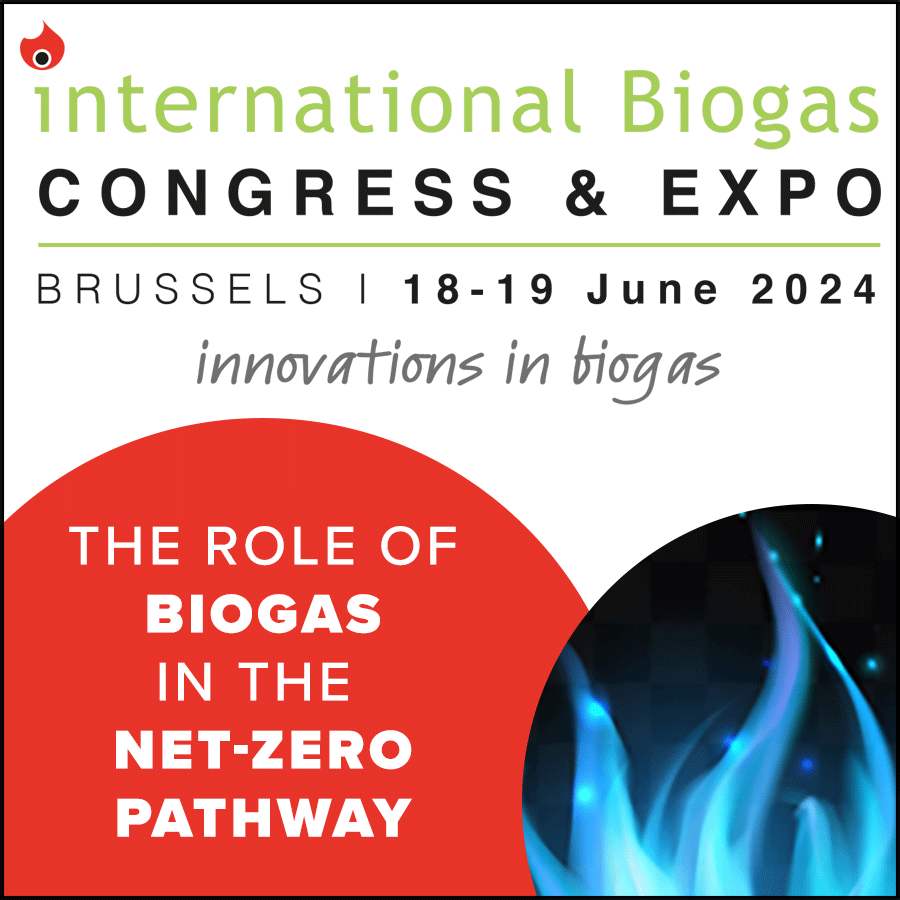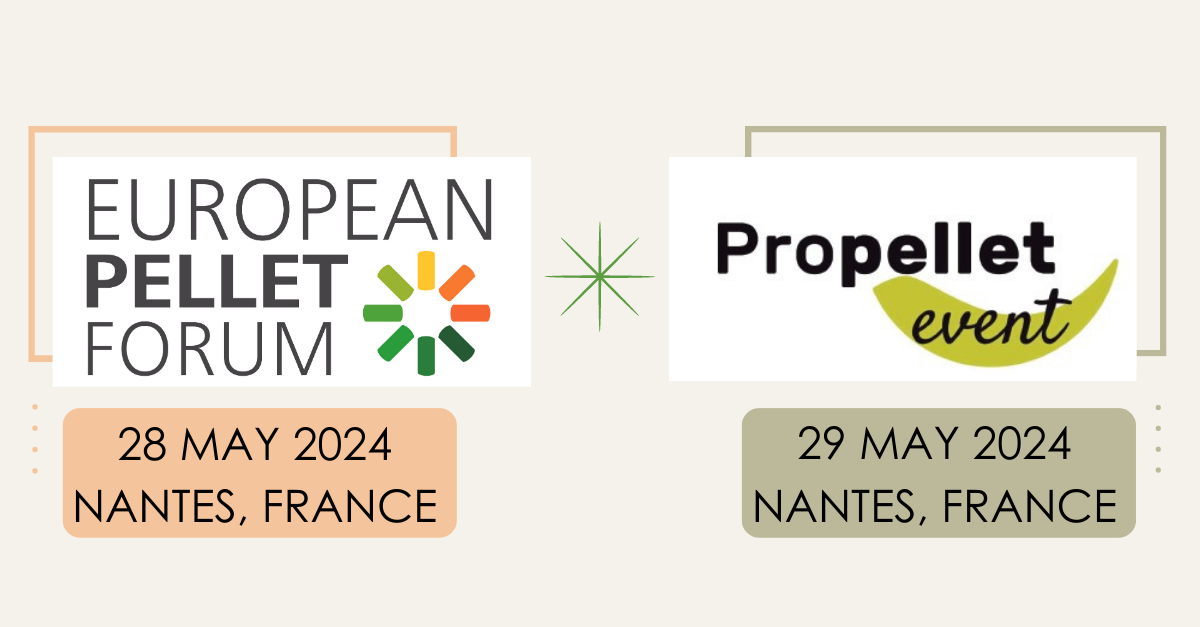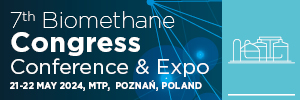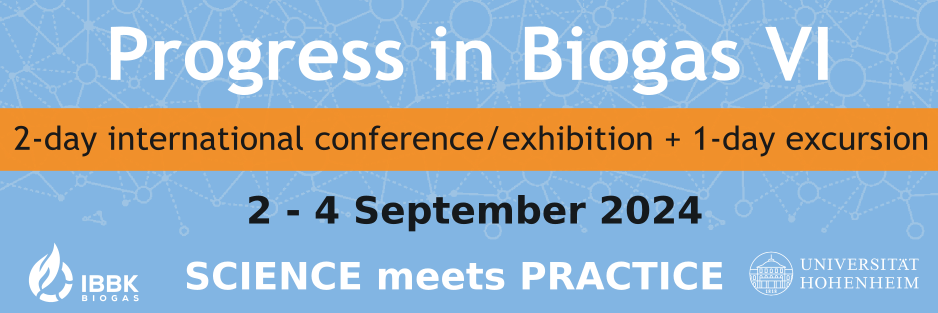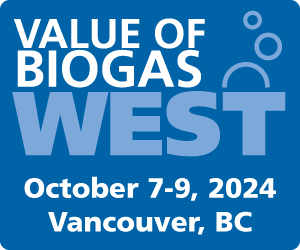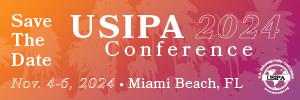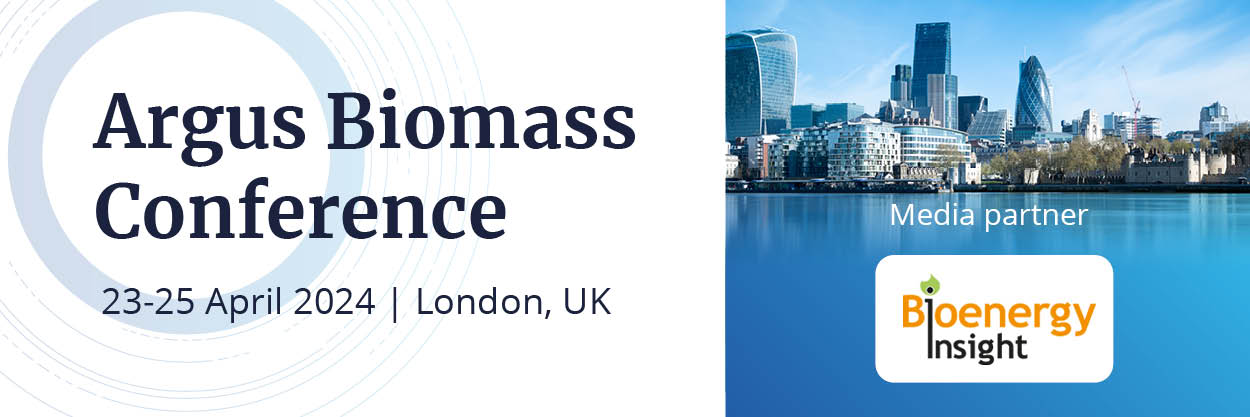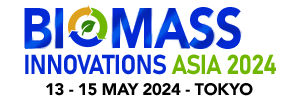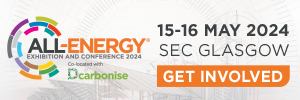FCC and Seat partner in project to drive biogas production for vehicular use
FCC, a Spanish environmental services, construction, and water management group, is participating in a project to convert waste treatment plants into bioenergy factories.
Co-financed by the EU’s LIFE Programme, the Methamorphosis project is headed by FCC Aqualia in partnership with Area Metropolitana de Barcelona (AMB), FCC Environment (FCC’s environmental services division), Gas Natural Fenosa, the Catalan Energy Institute (ICAEN), and car maker Seat.
The project seeks to develop an innovative process for enhancing bioenergy production from municipal, agricultural, and industrial waste, and a progress report was presented at Biometa 2016, held in Barcelona in May.
Methamorphosis, which was granted funding in 2014 by EU’s LIFE programme supporting actions to mitigate climate change), seeks to increment biogas production from municipal waste leachate by modifying and innovating processing techniques.
The gas produced by this methanisation process is enriched for use as fuel in vehicles, which contributes to reducing greenhouse gas (GHG) emissions and that may in the future be injected into the natural gas grid.
The project envisages the installation and operation of prototypes to increase biogas output and enrich its biomethane content at the Ecoparc 2 municipal solid waste treatment centre in Montcada i Reixac, Barcelona, which is owned by AMB and managed by FCC Environment.
The prototypes are based on three technologies developed by FCC Aqualia, namely an anaerobic membrane bioreactor (AnMBR), a patented system for autotrophic denitrification (ELAN), and a patented upgrading facility that will produce enriched biomethane from biogas (ABAD).
This new process will enhance efficiency while also reducing GHG emissions by cutting energy demand by 70% and reducing CO2 emissions by 80% with respect to conventional processes.
ICAEN will assist in transferring the knowledge obtained from the project and in enhancing its replicability.
Vehicle tests
Methamorphosis represents a step forward in extracting energy from waste and is an important contribution to a circular economy, since it turns a waste treatment centre into a fuel production facility with the ability to feed both vehicles and the distribution network.
The efficiency of the enriched biomethane will be demonstrated in tests with Seat vehicles, monitored by the company's engineers, and in FCC Environment vehicles that currently use natural gas in a series of tests totalling 120,000km per vehicle.
The test with FCC environmental services vehicles will be conducted in normal conditions as the vehicles perform their day-to-day tasks.
GHG emissions are expected to be reduced by 30% with respect to diesel, and the impact of biomethane on performance, engine components, fuel consumption, and emissions will be assessed in the test fleet, by comparing with existing data from using network’s natural gas.
